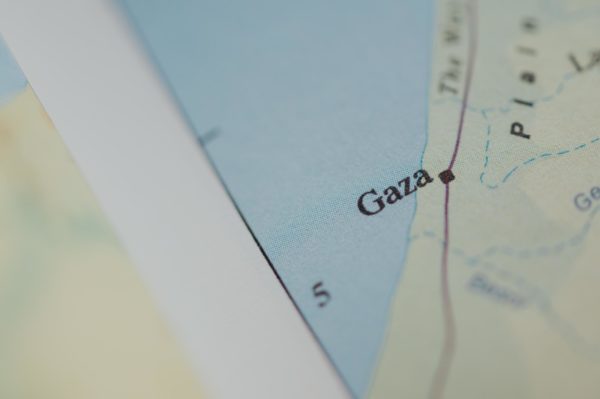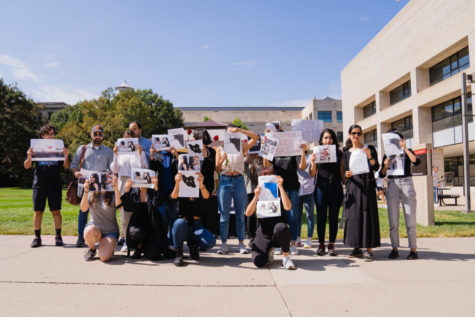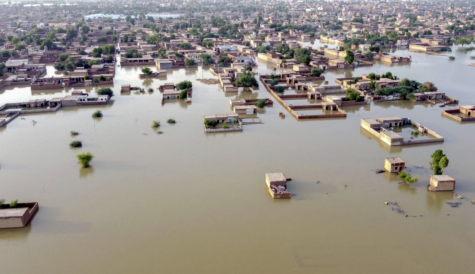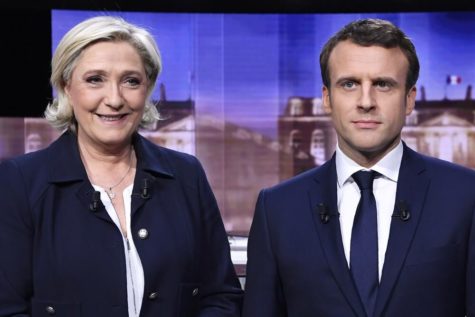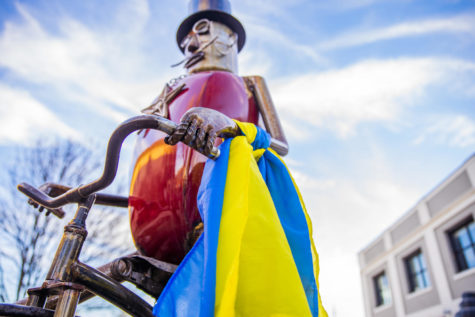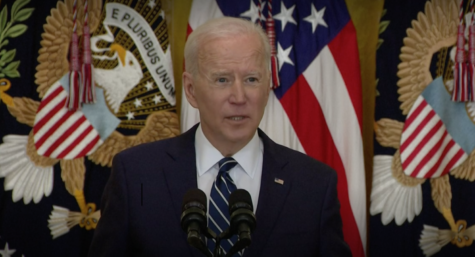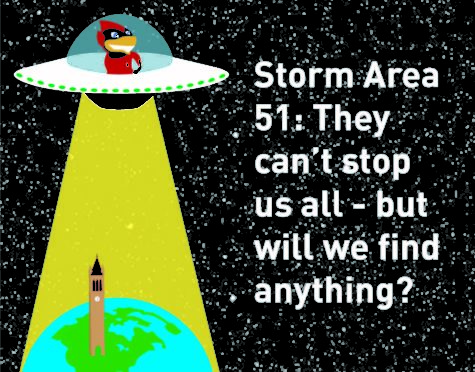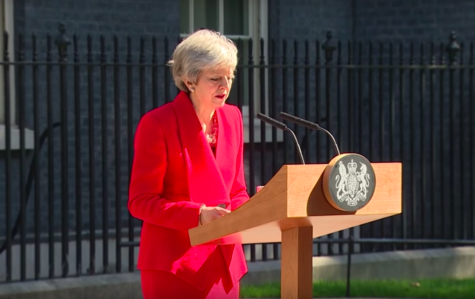Chavez looms behind Venezuelan parliamentary vote
September 24, 2010
Venezuelan President Hugo Chavez is not on the ballot in this Sunday’s parliamentary elections, but he nonetheless casts a large shadow over the vote.
Voters will decide 165 seats out of 167 in the country’s National Assembly, where Chavez’s ruling United Socialist Party of Venezuela or PSUV, holds 137 seats.
Chavez is such a large figure in his party that the fortunes of the PSUV often reflect his own popularity.
“In many ways, this is a dress rehearsal for the presidential elections in 2012,” said John Walsh, a senior associate at the Washington Office on Latin America.
Chavez himself, in his role as president of the PSUV, led the closing campaign rally for the party’s candidates last week.
“On Sept. 26 we will write another page in history. We’ll pulverize the squalid ones, and we’re going to show the force of the revolution,” Chavez said.
“Comrades, we have to really win this fight because 2011 is coming and it already smells like 2012,” he said.
Despite one of the highest murder rates in Latin America and an economy that is just beginning to recover from a recession, Chavez still maintains support among many of the country’s poor, though that support isn’t always as strong as it once was.
Venezuela has also faced electricity shortages and other infrastructure problems that may make Chavez’s party more vulnerable than in the past.
This opens an opportunity for the political opposition to make inroads in the parliament.
For the opposition, Sunday is about “how much of a foothold can they regain in the national legislature,” Walsh said.
In protest against Chavez, the opposition boycotted the last parliamentary elections in 2005. The move left opponents of Chavez without a voice in the national assembly. It also gave the PSUV a supermajority that allowed for quick passage of many of Chavez’s pet projects.
The current assembly “doesn’t reflect the political reality of Venezuelan politics today, and I think Sunday will start to reflect that,” Walsh said.
One measure for success for the opposition this weekend is if they manage to win at least one-third of the seats in parliament, taking away the PSUV’s supermajority.
Any more than that could be overly optimistic, Walsh cautioned.
However, analysts stayed away from making predictions about Sunday’s vote. In Venezuela, the electoral system is set up in a way that favors the majority party as well as rural votes more than urban votes. Chavez counts on support from the over-represented rural areas.
The system means that if the opposition won, for example, half of the votes, it would actually seat considerably less than half of the parliament.
“Since the governing party is the majority party, the expectation is they will get a disproportionately higher number of seats than actual votes that they may get,” said Jennifer McCoy, director of the Americas Program at the Carter Center.
Other factors are stacked against the opposition as well.
The ruling party is able to spread its message through the state-run broadcasters, which are significant, while the opposition has to purchase the airtime it can afford.
Chavez’s government has also been accused of resorting to technicalities to disqualify opposition candidates.
The president has been known to single out states with opposition governors or mayors with new bureaucracies that effectively take money and control away from the elected officials. The negative effects of having an opposition leader in power are not lost on the electorate.
But for the opposition, any gain is significant, McCoy said.
“This is a chance for them to have participation in the legislature and for their supporters to have representation for the first time in five years,” she said.
—CNN’s Rafael Romo contributed to this report.






